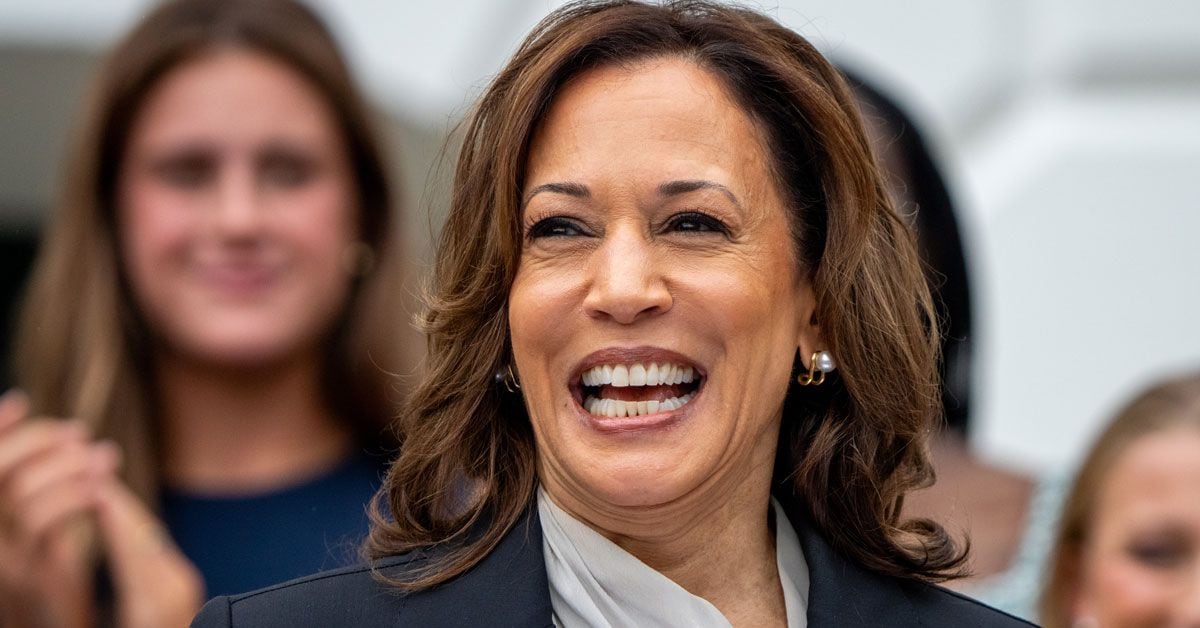The Future of Digital Assets Under a Potential Kamala Harris Presidency
As we navigate through an era where the digital economy is expanding at an unprecedented rate, the implications of cryptocurrencies and digital assets are becoming increasingly significant in the world of finance and governance. While she might not be joining high-profile events like bitcoin Nashville alongside notable figures such as Donald Trump this year, Kamala Harris stepping into the role of president could herald a new dawn for digital assets policy in the United States.
The conversation around the regulation and integration of cryptocurrencies into the mainstream financial system has been fraught with debates, uncertainties, and a patchwork of state-level initiatives. However, the potential of having Kamala Harris at the helm of the country’s policy-making could ignite a more unified and progressive approach towards digital assets.
A Blueprint for the Future
Tonya Evans, a professor at Penn State Dickinson Law, provides insightful perspectives on the direction that Harris could take to foster an environment where digital assets can thrive responsibly and efficiently. Her approach encapsulates the need for clarity, innovation, and inclusivity in the ever-evolving digital assets space.
The foundation of Harris’s agenda could center around establishing robust regulatory frameworks that not only protect consumers but also encourage innovation and investment in the crypto market. This involves paving the way for comprehensive laws that facilitate the integration of digital currencies into the U.S. financial system while ensuring transparency, security, and accountability.
Embracing Innovation While Ensuring Security
One of the key challenges in regulating digital assets is balancing the need for innovation with the need to protect the interests of consumers and the integrity of the financial system. Harris’s potential policies could strike this balance by fostering an environment that encourages technological advancements while instituting measures to mitigate the risks associated with digital currencies.
The implementation of these policies could involve close collaboration with technology experts, financial institutions, and regulatory agencies to create a holistic framework that addresses the multifaceted nature of digital assets. This cooperative approach ensures that the evolution of the digital assets ecosystem is aligned with national economic goals and global financial stability.
Creating a Clean Slate for crypto Regulation
The current landscape of crypto regulation in the U.S. is somewhat fragmented, with varying degrees of acceptance and regulation across states. Harris’s presidency could offer an opportunity to streamline these regulations, providing a clearer path for businesses and investors interested in exploring the potentials of digital currencies.
This streamlined approach not only benefits the crypto industry by reducing uncertainty and barriers to entry but also enhances the United States’ position as a global leader in the digital economy. By adopting clear, forward-thinking policies, Harris could facilitate the growth of a dynamic and sustainable digital assets sector.
Conclusion
While Kamala Harris’s election as president is still a possibility rather than certainty, the potential impact of her policies on the digital assets space is undoubtedly significant. With a clear vision and a commitment to innovation, security, and inclusivity, Harris could transform the U.S.’s approach to cryptocurrency regulation, ushering in a new era of growth and stability for the digital economy.
The vision sketched by Professor Tonya Evans offers a glimpse into what could be a transformative period for digital assets. As the crypto space continues to evolve, the need for thoughtful, comprehensive policies that support both innovation and security has never been more apparent. With leaders like Harris at the forefront, the United States could pave the way for a future where digital assets play a pivotal role in the global financial system.
In the end, the journey towards a more refined and supportive regulatory environment for digital assets may be complex, but with the right leadership and collaborative efforts, the potential benefits for the economy, consumers, and innovators are immense. The future of digital assets under the guidance of progressive policies could very well be a cornerstone in the next chapter of economic evolution.
